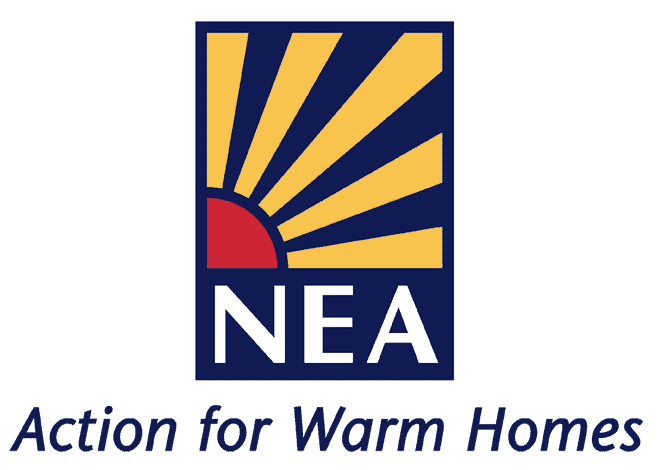
National Energy Action is a fuel poverty charity that works to eradicate fuel poverty and campaigns for greater investment in energy efficiency to help those who are poor or vulnerable gain affordable heat.
The cost of energy is rising, and the choice between heating and eating is one experienced by millions of families across the UK. In the Tees Valley, around 1 in 7 households cannot afford to access the energy they need to stay warm and well at home. This situation is often defined as ‘fuel poverty’, but there is often a perceived stigma around fuel poverty, a lack of understanding as to what exactly the term means, and questions around the extent to which people recognise themselves as ‘fuel poor’ or at risk of fuel poverty.
Despite this, with domestic heating bills set to have doubled over the last 18 months, it is increasingly urgent that fuel poverty and the affordability of energy is recognised and addressed. Due to the current energy crisis those who have been on the 'edge' of fuel poverty will now find themselves struggling to pay their energy bills, yet have little or no support available to them. Meanwhile, those already unable to afford the energy they need will see their situations become unimaginably worse, forcing them to cut back on heating to avoid getting into debt and causing unnecessary damage to their health and wellbeing.
The energy crisis is taking place within the context of the broader climate crisis and the UK government’s pledge to reach net zero emissions by 2050. The Tees Valley will play a crucial role in this endeavour, building on its historic industrial base to develop new technologies, services, and products to decarbonise different sectors of the economy. It is already at the forefront of ongoing revolutions in offshore wind, hydrogen production, and carbon capture and storage technologies, which have a significant potential to boost investment, jobs, and growth in the region. Innovators are also developing new products at different scales which will play a pivotal role in decarbonising the Tees Valley.
However, this current progress is not currently being harnessed to benefit those in or at risk of fuel poverty, and there is a correspondingly a real potential for the development of new products, business models, and links between communities and energy services to tackle fuel poverty, kickstart fair and equitable pathways to decarbonise homes, and improve health and wellbeing in the communities of Tees Valley.


The households who really need support with their energy costs and to decarbonise their homes are not currently being reached successfully

Necessary support with energy bills and decarbonising is guaranteed for the people who really need it
There is varying needs and understanding when it comes to energy usage

Tackling energy poverty is seen as a pivotal collective effort to achieve net zero, build healthy households and thriving communities


New technologies are complex and often a barrier to affordability and decarbonisation

New technologies and their benefits are easily understood and people can make the right choice for their home
A lack of skills and knowledge of new technologies are stopping the take up in local communities

Local communities have the skills and knowledge to support the uptake of new technologies and cheaper tariffs
The benefits of new technologies are not widely understood

The benefits of ‘clean energy’ is understood and communities are benefitting from it with warm homes, cheaper bills and a strong local economy


Funding regimes are complex and not supporting those most in need.
The complexity and affordability of new energies is stopping low-income households from making long-term changes

Funding is available for those who need it most and is providing new clean energy solutions in homes
Regional viability issues mean that sometimes smaller companies lose out to large national businesses resulting in investment leaving the region.

There is a network of reputable trusted suppliers where smaller companies are successful in securing business and investment stays within the region.
There is a lack of community capacity to respond to community energy opportunities resulting in missed decarbonisation opportunities at a local level.

We have a thriving community energy sector resulting in a fair and just transition to Net Zero for all.



We are open to any new products, business models, and/or services which:
Will link communities and energy services that can tackle fuel poverty, kickstart fair and equitable pathways to decarbonise homes, and improve health and wellbeing in the communities of Tees Valley.
Products and services which:
Oops! We could not locate your form.